
Inspiration for a future linguist and literature professor
192 posts
Latest Posts by linguisticinspiration - Page 6
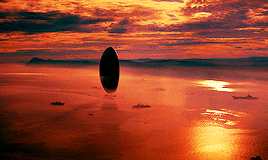



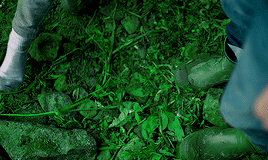

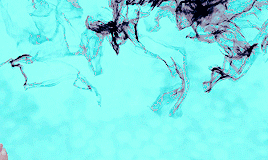

Language is the foundation of civilization. It is the glue that holds a people together. It is the first weapon drawn in a conflict. Arrival (2016)








Now, I’m not so sure I believe in beginnings and endings. There are days that define your story beyond your life, like the day they arrived.
ARRIVAL (2016) dir. Denis Villeneuve
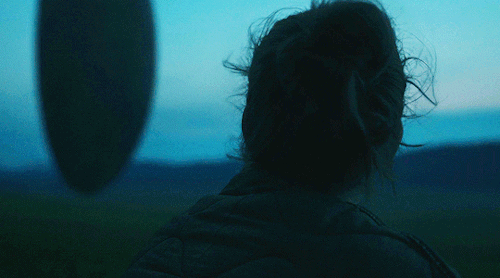
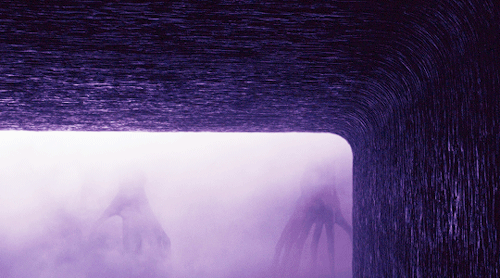

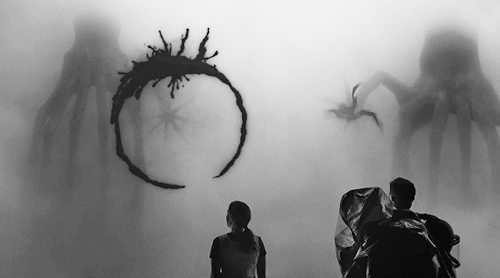
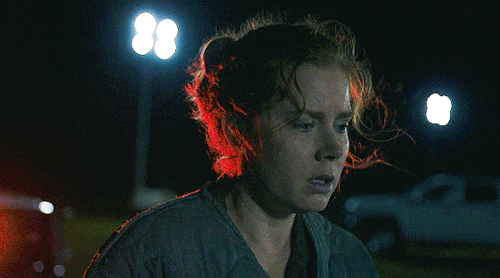
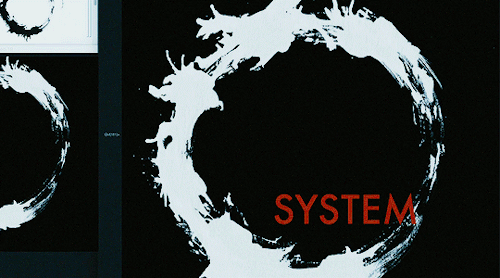

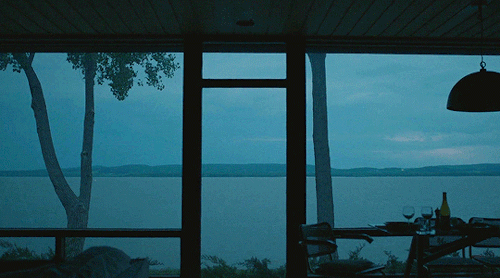
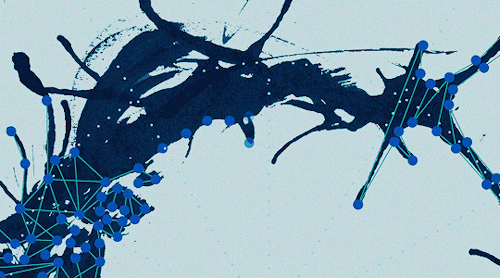
ARRIVAL (2016) dir. Denis Villeneueve








Language is the foundation of civilization. It is the glue that holds a people together. It is the first weapon drawn in a conflict.
ARRIVAL 2016 | dir. Denis Villeneuve







come back to me. – ARRIVAL (2016) dir. denis villeneuve.
a furry linguist, learning the palatal nasal: yknow, like, [ɲɑ]


The basic pleasure in the phonetic elements of a language and in the style of their patterns, and then in a higher dimension, pleasure in the association of these word-forms with meanings, is of fundamental importance. This pleasure is quite distinct from the practical knowledge of a language, and not the same as an analytic understanding of its structure. It is simpler, deeper-rooted, and yet more immediate than the enjoyment of literature. Though it may be allied to some of the elements in the appreciation of verse, it does not need any poets, other than the nameless artists who composed the language. It can be strongly felt in the simple contemplation of a vocabulary, or even in a string of names.
- J.R.R. Tolkien, The Monsters and the Critics and Other Essays

Practising IPA like

The best part of any class that deals with phonetics/phonology/morphology is watching everybody carefully, silently, repeatedly mouthing every sound the instructor brings up, like:
Instructor: [is talking about schwa]
The entire class, every time:

im here to announce that the new hot meme is writing textposts in the international phonetic alphabet
ˈɪtəl lʊk ə ˈlɪtəl ˈsʌmθɪŋ laɪk ðɪs. aɪ θɪŋk ðɪs ɪz ˈrɪli ˈgoʊɪŋ tu kæʧ ɑn gaɪz
pros of learning a widely studied language: resources!!
cons of learning a widely studied language: RESOURCES
The Countries with the Most Linguistic Diversity
Thousands of languages are spoken worldwide, but only a fraction are used widely. In fact, the speakers of 23 languages account for more than half of the total global population.
Despite this, there are still pockets around the globe that are rich in linguistic diversity.
Papua New Guinea is the most linguistically diverse country in the world, with approximately 840 different languages spoken across the islands. To put things into perspective, that’s almost 12% of the world’s languages spoken in an area that’s roughly the size of California. A likely reason for the country’s linguistic diversity is its isolation from modern life. Over 80% of Papua New Guinea’s population lives in rural areas and has minimal contact with external influences or other tribes.
In second place, Indonesia has around 711 different languages. Only 20% of the population speaks the national language of Bahasa Indonesian at home. Like Papua New Guinea, a major factor that could explain its language diversity is its geography—Indonesia is made up of around 17,500 islands (although more than 7,000 of them are uninhabited).
Here's a list of top ten countries with the most languages:

(These numbers include established and immigrant dialects.)
“I need language to live, like food—lexemes and morphemes and morsels of meaning nourish me with the knowledge that, yes, there is a word for this. Someone else has felt it before.”
-M.L Rio (If we were villains)

Table of English loanwords in Malay and Dutch loanwords In Indonesian
Topic day #246: Loanwords VII
I hear your argument that I shouldn’t learn 5 languages at the same time however...I’m going to ignore it.


studying for the russian lit exam ♡
Latin grammar is a social construct. The Romans honestly just made that shit up as they went along.

Why speak a language well if you can speak four badly???


july 31, 2019 this morning i reviewed some of my old nahuatl notes and did a little bit of planning. i took a break from nahuatl because i had a lot of pre-orientation things to do, but looking back at my notes reminded me of how much i enjoy learning the language.
“Do you know what a foreign accent is? It’s a sign of bravery.”
—
Amy Chua
never be afraid to speak in front of natives because of your accent! it’s a part of language learning and you can not avoid it; it’s a sign of hard work and effort! :)




you get it...
*Switches languages in mid-sentence while talking to myself*

will be spending the next two weeks studying on this desk here📝 there’s soooo much work to be done, but i really enjoy being busy all the time! it just feels super rewarding☺️✨ . how are you guys doing? do tell me what you’ve been up to! i really miss posting stories and pictures and interacting with all of you here✨ (at Perth, Western Australia) https://www.instagram.com/p/CGzvTIXjWJe/?igshid=9g6nbj0xnyv7
“People speak different languages, but they yearn, rejoice and declare their love in the same language - the language of the heart.”
— poetry-siir ©
Romance languages comparison (Spanish - French - Catalan - Italian - Portuguese [English])
Flores - fleurs - flors - fiori - flores (flowers)
la amapola - le coquelicot - la rosella - il papavero - a papoula (poppy)
la azucena - le lis - el lliri - il giglio - o lírio (lily)
la begonia - le bégonia - la begònia - la begonia - a begônia (begonia)
la caléndula - la calendule - la calèndula - la calendola - a calêndula (calendula)
la camelia - le camélia - la camèlia - la camelia - a camélia (camellia)
el clavel - l’oeillet (m) - el clavell - il garofano - o cravo (carnation)
el crisantemo - le chrysanthème - el crisantem - il crisantemo - o crisântemo (chrysanthemum)
la dalia - le dahlia - la dàlia - la dalia - a dália (dahlia)
la flor de loto - la fleur de lotus - la flor de lotus - il fiore di loto - a flor de lótus (lotus flower)
el girasol - le tournesol - el gira-sol - il girasole - o girassol (sunflower)
la hortensia - le hortensia - la hortènsia - l’ortensia (f) - a hortênsia (hydrangea)
el jacinto - le jacinthe - el jacint - il giacinto - o jacinto (hyacinth)
el jazmín - le jasmin - el gessamí - il gelsomino - o jasmim (jasmine)
la lavanda - la lavande - l’espígol (m) - la lavanda - a lavanda (lavender)
la lila - le lilas - la lila - il lilla - o lilás (lilac)
el lirio - le lis - el lliri - il giglio - o lírio (lily)
la margarita - la marguerite - la margarida - la margherita - a margarida (daisy)
el narciso - la jonquille - el narcís - il narciso - o narciso (daffodil)
el nenúfar - le nénuphar - el nenúfar - la ninfea - o lírio d’água (water lily)
la orquídea - l’orchidée (f) - l’orquídia (f) - l’orchidea (f) - a orquídea (orchid)
la peonía - la pivoine - la peònia - la peonia - a peônia (peony)
la petunia - le pétunia - la petúnia - la petunia - a petúnia (petunia)
la rosa - la rose - la rosa - la rosa - a rosa (rose)
el tulipán - la tulipe - la tulipa - il tulipano - a tulipa (tulip)
la violeta - la violette - la violeta - la viola - a violeta (violet)
I have only compared the languages I have studied/dabbled in, not all the Romance languages.


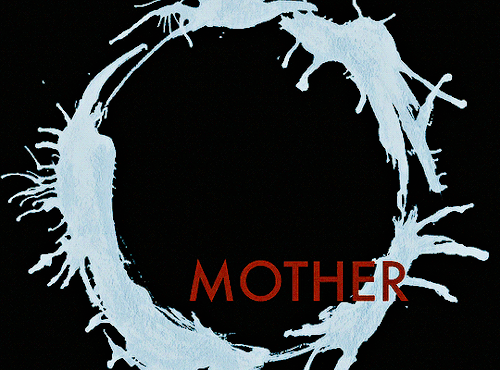

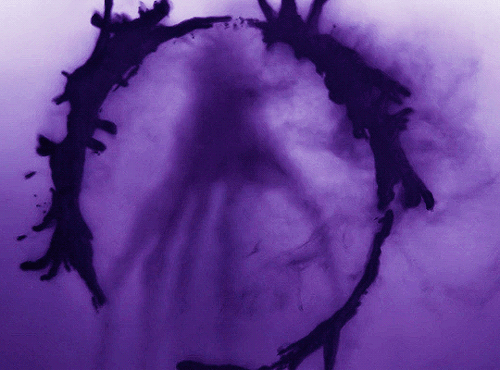
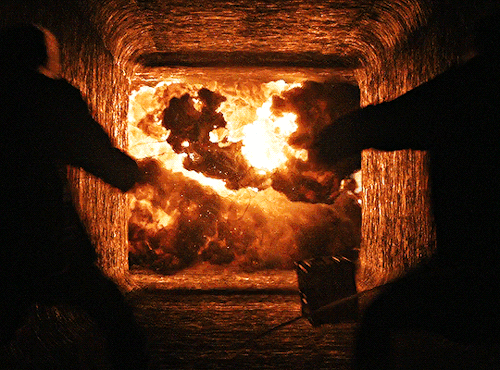
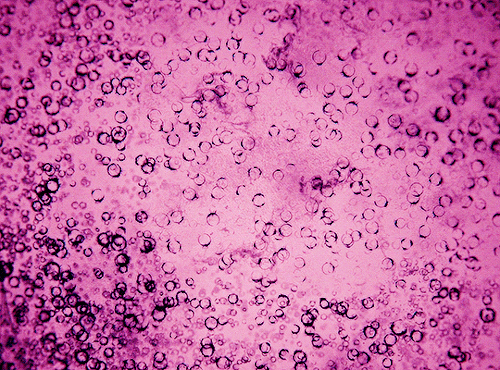


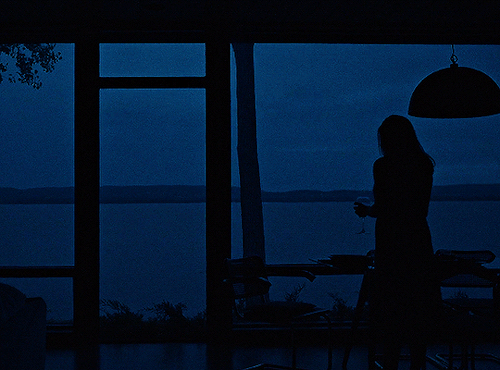
I’m not so sure I believe in beginnings and endings. There are days that define your story beyond your life. Like the day they arrived.
ARRIVAL (2016) dir. Denis Villeneuve
You know what is hot??
A passion for knowlege and learning
